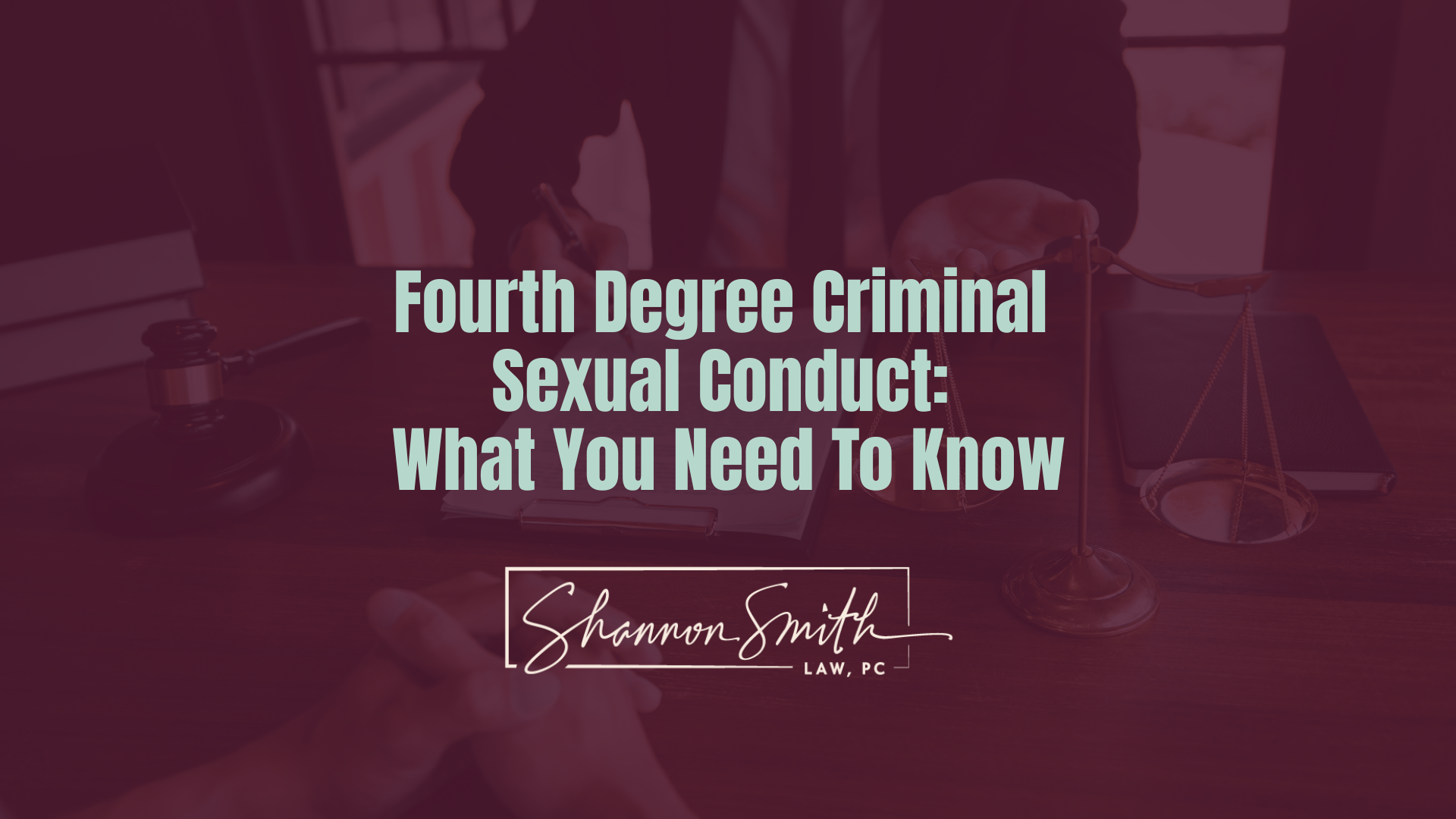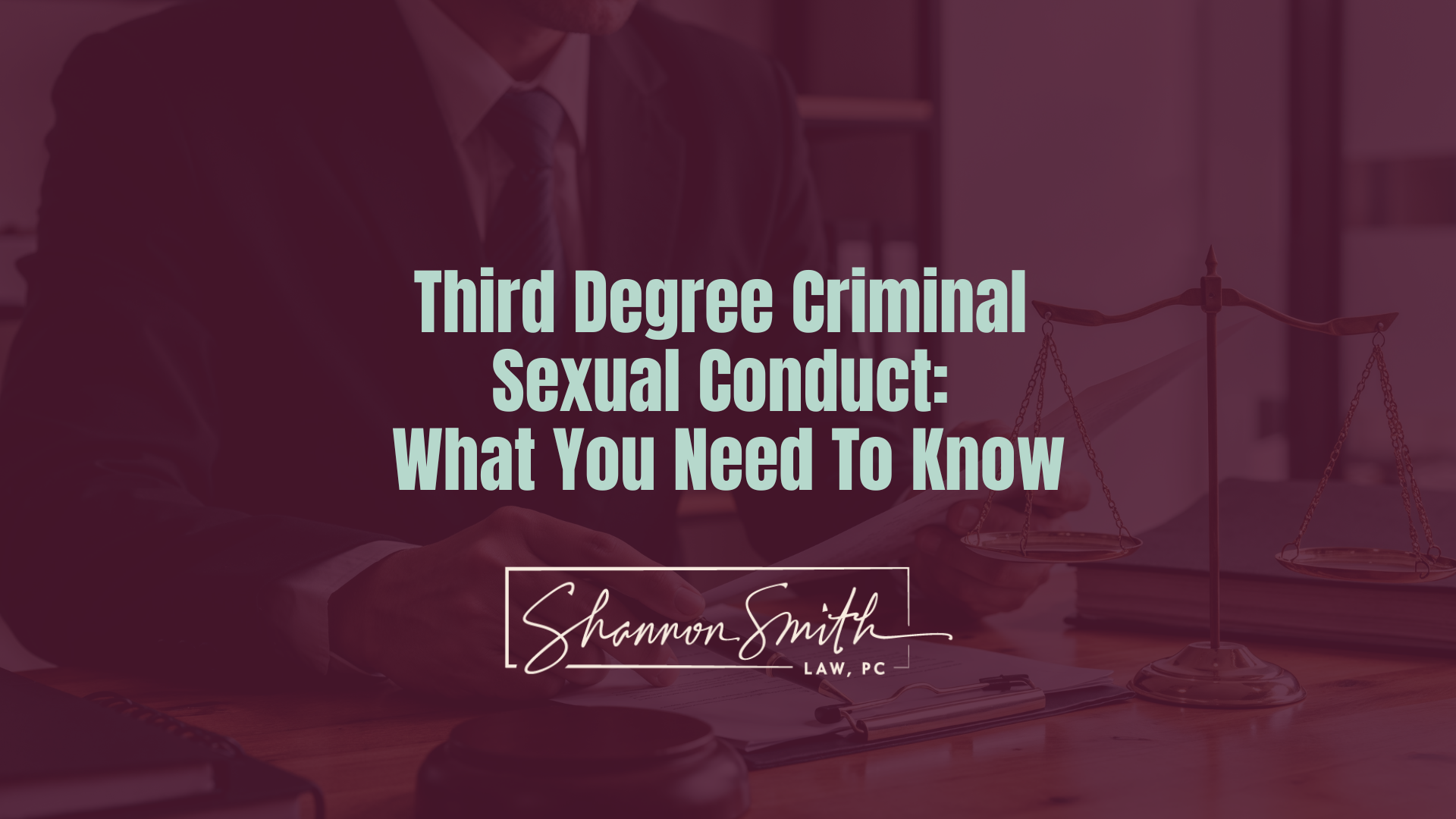Due to the types of cases that we defend we often find ourselves fighting for our clients
to either stay out of jail, or to get out of jail, at arraignment.
It is incredibly difficult to convince a judge to release our clients especially if they had been previously represented by another attorney who was not as skilled as we are in effectively arguing bond.
What is a bail bond?
Bond is the money that an individual, their family members, or a bondsman puts up to get the person out of jail.
Over the last few months, we have seen a variety of court responses to the COVID-19
pandemic as it relates to bond and incarceration. Some judges have decided that the risk of incarcerating those that are presumed innocent, as all criminal defendants are at the outset of their case, is not worth the risk of exposing them to a potentially deadly virus.
Others have justified incarceration based solely on the allegations against our clients and have completely ignored their constitutional right to be presumed innocent unless proven guilty.
Judges in the latter category then use the pandemic as a reason to keep an individual incarcerated justifying that it is safer in the jail than out in the public where the COVID-19 virus is spreading at alarming rates.
With or without a pandemic, all criminal defendants are entitled to bond – with limited
exceptions. This means that if someone is arrested, the arraigning judge or magistrate must decide what the individual’s bond will be.
There are some cases in which a court can decide, based on the severity of the charge or charges, that the individual will be held in jail.
In Michigan, determining bond is governed by Michigan Court Rule 6.106.
The court rule not only provides guidance as to which charges are entitled to bond, and which can be denied bond, but in subsection (F) also what factors a court is to consider when determining what that bond will be:
(F) Decision; Statement of Reasons.
-
In deciding which release to use and what terms and conditions to impose, the court is to consider relevant information, including:
-
defendant’s prior criminal record, including juvenile offenses;
-
defendant’s record of appearance or nonappearance at court proceedings or flight to avoid prosecution;
-
defendant’s history of substance abuse or addiction;
-
defendant’s mental condition, including character and reputation for
-
dangerousness;
-
the seriousness of the offense charged, the presence or absence of threats, and the probability of conviction and likely sentence;
-
defendant’s employment status and history and financial history insofar as these factors relate to the ability to post money bail;
-
the availability of responsible members of the community who would vouch for or monitor the defendant;
-
facts indicating the defendant’s ties to the community, including
-
family ties and relationships, and length of residence, and
-
any other facts bearing on the risk of nonappearance or danger to the public.
-
Contact Smith Blythe if you are being investigated or charged with a sex crime
The attorneys at Smith Blythe, P.C. have repeatedly successfully argued for the release of our clients from jail, or keeping our clients out of jail prior to trial. Having an attorney in your corner that is skilled and effective in arguing for bond is almost as important as having an attorney in your corner that is skilled and effective in arguing the other areas of your case.
If you are being investigated for a sex crime, or other serious violent crime, or if you have already been charged – call our office today (248) 707-5195.




